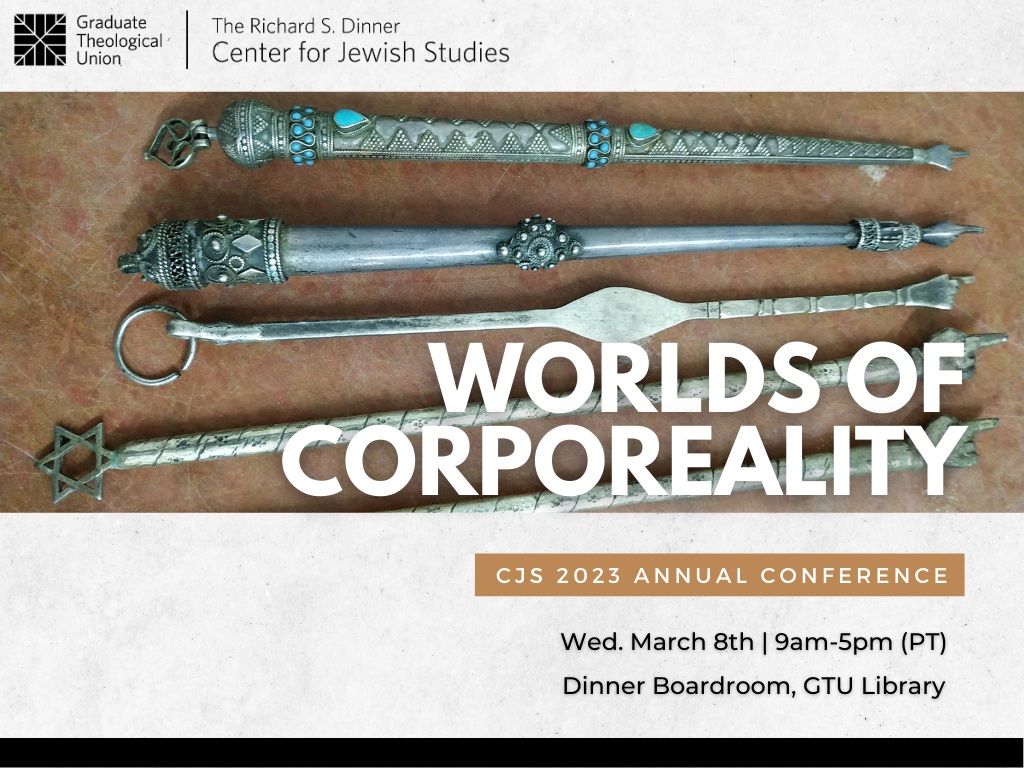The GTU's Richard S. Dinner Center for Jewish Studies invites you to its annual Jewish studies symposium, this year titled "Worlds of Corporeality." Local scholars will share current work that engages with issues such as embodiment, materiality, care, gender, space, language, sexuality and ritual performance. The topic of corporeality is at once capacious enough to tap into ongoing research projects while also being specific enough to stimulate new thinking and fruitful discussion.
This program is free and open to the public, and there is no advanced registration for the event.
Please note: The entrance to the GTU Library has moved; please go around the corner on Scenic Ave. and enter through the first floor.
Schedule:
9:00-10:30 - Flesh
Panelists: Daniel Boyarin (UC Berkeley); John Efron (UC Berkeley); Charlotte Fonrobert (Stanford)
Chair: Naomi Seidman (University of Toronto)
*10:30-10:45 - BREAK*
10:45-12:30 - Care & Custom
Panelists: Ronit Stahl (UC Berkeley); Ariel Mayse (Stanford); Deena Aranoff (GTU)
Chair: Sam S.B. Shonkoff (GTU)
*12:30-1:30 - BREAK*
1:30-3:15 - Here & There
Panelists: James Nati (JST, Santa Clara University); Francesco Spagnolo (The Magnes, UC Berkeley); Sarah Levin (UC Berkeley); Masua Sagiv (UC Berkeley)
Chair: Ethan Katz (UC Berkeley)
*3:15-3:30 - BREAK*
3:30-5:00 - Corpora
Panelists: Sam S.B. Shonkoff (GTU); Sven-Erik Rose (UC Davis); Naomi Seidman (University of Toronto)
Chair: Deena Aranoff (GTU)
Participants:
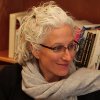 Deena Aranoff is Faculty Director of the Richard S. Dinner Center for Jewish Studies at the Graduate Theological Union in Berkeley, CA. She teaches rabbinic literature, medieval patterns of Jewish thought, and the broader question of continuity and change in Jewish history. Her recent publications engage with the subject of childcare, maternity and the making of Jewish culture.
Deena Aranoff is Faculty Director of the Richard S. Dinner Center for Jewish Studies at the Graduate Theological Union in Berkeley, CA. She teaches rabbinic literature, medieval patterns of Jewish thought, and the broader question of continuity and change in Jewish history. Her recent publications engage with the subject of childcare, maternity and the making of Jewish culture.
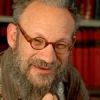 Daniel Boyarin is Taubman Professor of Talmudic Culture and Rhetoric at the University of California Berkeley. He has been, among other things, an NEH Fellow (twice), a Guggenheim Fellow, a Fellow of the Institute for Advanced Studies in Jerusalem, a holder of the Berlin Prize at the American Academy in Berlin and a Ford Foundation Fellow. He is a fellow of the American Academy of Arts and Sciences since 2006.
Daniel Boyarin is Taubman Professor of Talmudic Culture and Rhetoric at the University of California Berkeley. He has been, among other things, an NEH Fellow (twice), a Guggenheim Fellow, a Fellow of the Institute for Advanced Studies in Jerusalem, a holder of the Berlin Prize at the American Academy in Berlin and a Ford Foundation Fellow. He is a fellow of the American Academy of Arts and Sciences since 2006.
 John Efron is the Koret Professor of Jewish History at U.C. Berkeley. His scholarship is focused on the ways that German Jewry has attempted to reinterpret and reinvent Jewish culture in the wake of its complex encounter with modernity. His recent publications include The Jews: A History (Penguin, 2nd edition 2013), with Steven Weitzman and Matthias Lehmann, German Voices of the Jewish Sixties, co-edited with Michael Brenner (2014) and German Jewry and the Allure of the Sephardic (Princeton, 2016). Efron is an elected fellow of the American Academy for Jewish Research.
John Efron is the Koret Professor of Jewish History at U.C. Berkeley. His scholarship is focused on the ways that German Jewry has attempted to reinterpret and reinvent Jewish culture in the wake of its complex encounter with modernity. His recent publications include The Jews: A History (Penguin, 2nd edition 2013), with Steven Weitzman and Matthias Lehmann, German Voices of the Jewish Sixties, co-edited with Michael Brenner (2014) and German Jewry and the Allure of the Sephardic (Princeton, 2016). Efron is an elected fellow of the American Academy for Jewish Research.
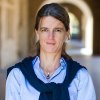 Charlotte Fonrobert is Associate Professor of Jewish Studies at Stanford University where she specializes in Judaism: talmudic literature and culture. Her interests include gender in Jewish culture; the relationship between Judaism and Christianity in Late Antiquity; the discourses of orthodoxy versus heresy; the connection between religion and space; and rabbinic conceptions of Judaism with respect to Greco-Roman culture. She is the author of Menstrual Purity: Rabbinic and Christian Reconstructions of Biblical Gender (2000), which won the Salo Baron Prize for a best first book in Jewish Studies of that year and was a finalist for the National Jewish Book Award in Jewish Scholarship. She also co-edited The Cambridge Companion to the Talmud and Rabbinic Literature (2007), together with Martin Jaffee (University of Washington).
Charlotte Fonrobert is Associate Professor of Jewish Studies at Stanford University where she specializes in Judaism: talmudic literature and culture. Her interests include gender in Jewish culture; the relationship between Judaism and Christianity in Late Antiquity; the discourses of orthodoxy versus heresy; the connection between religion and space; and rabbinic conceptions of Judaism with respect to Greco-Roman culture. She is the author of Menstrual Purity: Rabbinic and Christian Reconstructions of Biblical Gender (2000), which won the Salo Baron Prize for a best first book in Jewish Studies of that year and was a finalist for the National Jewish Book Award in Jewish Scholarship. She also co-edited The Cambridge Companion to the Talmud and Rabbinic Literature (2007), together with Martin Jaffee (University of Washington).
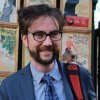 Ethan Katz is Associate Professor in the Department of History and the Center for Jewish Studies. He is a historian of modern Europe and the Mediterranean, with specialties in modern Jewish history and the history of modern France and its empire. His major publications include The Burdens of Brotherhood: Jews and Muslims from North Africa to France (Harvard, 2015) (winner of a number of honors including the National Jewish Book Award); Secularism in Question: Jews and Judaism in Modern Times, co-edited with Ari Joskowicz (UPenn, 2015) and Colonialism and the Jews (Indiana, 2017), co-edited with Lisa Moses Leff and Maud S. Mandel.
Ethan Katz is Associate Professor in the Department of History and the Center for Jewish Studies. He is a historian of modern Europe and the Mediterranean, with specialties in modern Jewish history and the history of modern France and its empire. His major publications include The Burdens of Brotherhood: Jews and Muslims from North Africa to France (Harvard, 2015) (winner of a number of honors including the National Jewish Book Award); Secularism in Question: Jews and Judaism in Modern Times, co-edited with Ari Joskowicz (UPenn, 2015) and Colonialism and the Jews (Indiana, 2017), co-edited with Lisa Moses Leff and Maud S. Mandel.
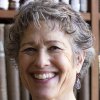
Sarah Levin is a Lecturer in Jewish Studies. Levin’s research interests focus on Jewish communities of North Africa and the Middle East and Jewish-Muslim relations, particularly in cultural encounters and exchanges. Levin has been a recipient of Fulbright and Posen fellowships, and in Spring 2019 was a Fellow at the Katz Center for Advanced Judaic Studies (University of Pennsylvania). Her publications include “The Aḥwash: Jewish and Muslim Articulations of a Shared Amazigh (Berber) Cultural Tradition in Morocco and Its Diaspora,” in Jews and Muslims in Morocco: Their Intersecting Worlds (2021) and “Wit, Ruse, Rivalry, and Other Keys to Coexistence: Reflections of Jewish-Muslim Relations in Berber Oral Traditions,” in North African Mosaic: A Cultural Reappraisal of Ethnic and Religious Minorities (2007).
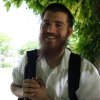 Ariel Evan Mayse is an Assistant Professor in the Department of Religious Studies at Stanford University. He previously served as the Director of Jewish Studies and Visiting Assistant Professor of Modern Jewish Thought at Hebrew College in Newton, Massachusetts, and a research fellow at the Frankel Institute for Advanced Judaic Studies of the University of Michigan. His current research examines the role of language in Hasidism, manuscript theory and the formation of early Hasidic literature, the renaissance of Jewish mysticism in the nineteenth and twentieth century, the relationship between spirituality and law in Jewish legal writings, and the resources of Jewish thought and theology for constructing contemporary environmental ethics.
Ariel Evan Mayse is an Assistant Professor in the Department of Religious Studies at Stanford University. He previously served as the Director of Jewish Studies and Visiting Assistant Professor of Modern Jewish Thought at Hebrew College in Newton, Massachusetts, and a research fellow at the Frankel Institute for Advanced Judaic Studies of the University of Michigan. His current research examines the role of language in Hasidism, manuscript theory and the formation of early Hasidic literature, the renaissance of Jewish mysticism in the nineteenth and twentieth century, the relationship between spirituality and law in Jewish legal writings, and the resources of Jewish thought and theology for constructing contemporary environmental ethics.
 James Nati is Assistant Professor of Hebrew Bible & Old Testament Studies at the Jesuit School of Theology at Santa Clara University. His research focuses on the textual traditions of the Hebrew Bible/Old Testament, and more specifically on the development of these traditions in the Second Temple period (500 BCE –100 CE). His first book, Textual Criticism and the Ontology of Literature in Early Judaism: An Analysis of the Serekh ha-Yahad, takes a text from the Dead Sea Scrolls – the Community Rule – as a test case for considering how biblical texts developed, and it asks how ancient scribes might have understood the nature of their developing literature.
James Nati is Assistant Professor of Hebrew Bible & Old Testament Studies at the Jesuit School of Theology at Santa Clara University. His research focuses on the textual traditions of the Hebrew Bible/Old Testament, and more specifically on the development of these traditions in the Second Temple period (500 BCE –100 CE). His first book, Textual Criticism and the Ontology of Literature in Early Judaism: An Analysis of the Serekh ha-Yahad, takes a text from the Dead Sea Scrolls – the Community Rule – as a test case for considering how biblical texts developed, and it asks how ancient scribes might have understood the nature of their developing literature.
 Sven-Erik Rose is an Associate Professor of German & Chair of the Department of German and Russian at UC Davis. He has published in venues such as Jewish Social Studies, French Studies, Postmodern Culture, and New German Critique on topics including Jewish masculinity in the cinema of Mathieu Kassovitz; Holocaust postmemory in the work of Patrick Modiano; the 18th-century German-Jewish philosopher Lazarus Bendavid's Kantian fantasies of Jewish decapitation; and Cold War controversies around a text by Yehoshue Perle that was unearthed as part of the Warsaw Ghetto "Oyneg Shabes" archive. His first book, Jewish Philosophical Politics in Germany 1789-1848, was published in August 2014 in Brandeis University's Tauber Institute Series for the Study of European Jewry. He received the Jordan Schnitzer Book Award from the Association for Jewish Studies in the category of Philosophy and Jewish Thought.
Sven-Erik Rose is an Associate Professor of German & Chair of the Department of German and Russian at UC Davis. He has published in venues such as Jewish Social Studies, French Studies, Postmodern Culture, and New German Critique on topics including Jewish masculinity in the cinema of Mathieu Kassovitz; Holocaust postmemory in the work of Patrick Modiano; the 18th-century German-Jewish philosopher Lazarus Bendavid's Kantian fantasies of Jewish decapitation; and Cold War controversies around a text by Yehoshue Perle that was unearthed as part of the Warsaw Ghetto "Oyneg Shabes" archive. His first book, Jewish Philosophical Politics in Germany 1789-1848, was published in August 2014 in Brandeis University's Tauber Institute Series for the Study of European Jewry. He received the Jordan Schnitzer Book Award from the Association for Jewish Studies in the category of Philosophy and Jewish Thought.
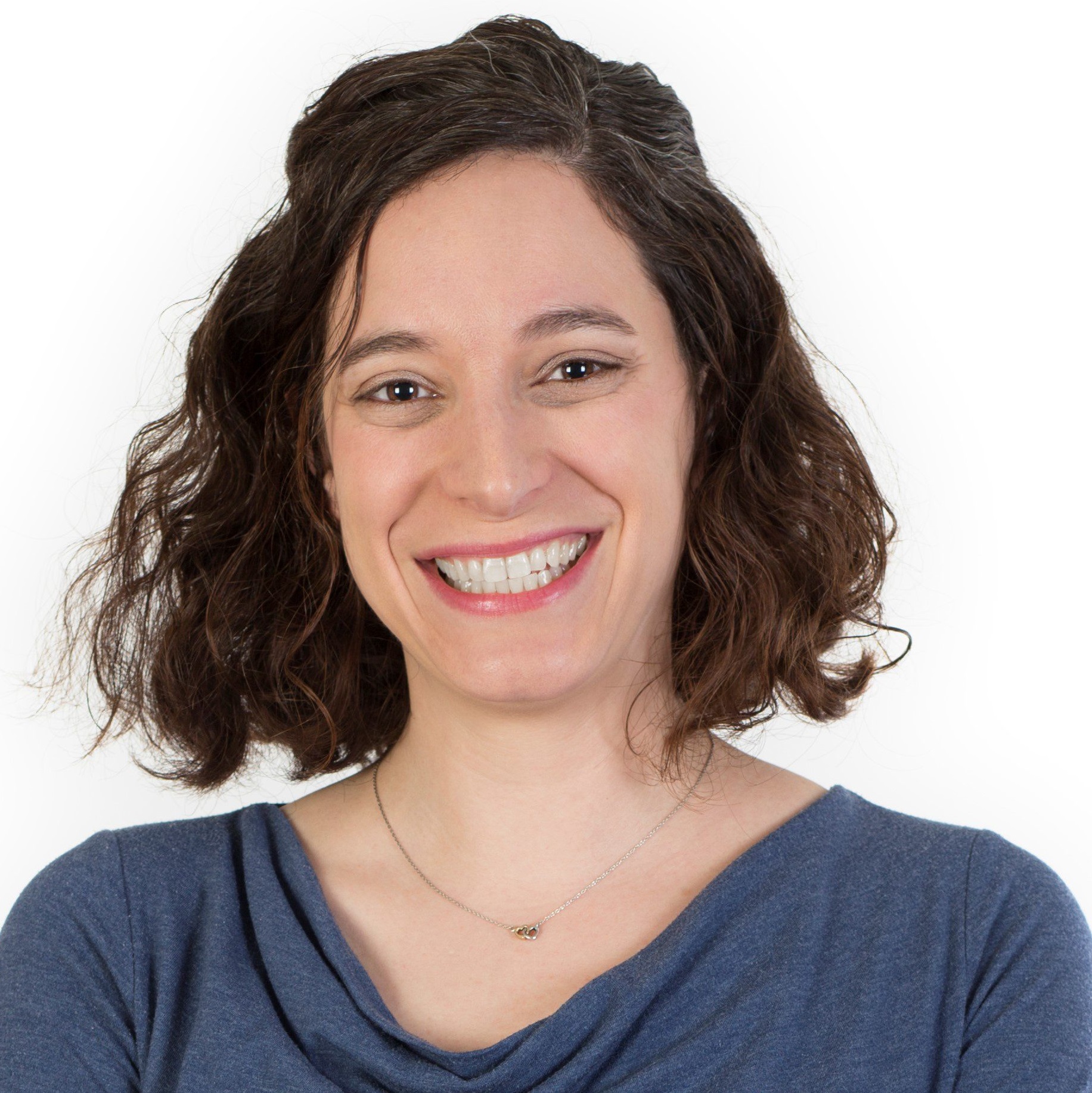
Masua Sagiv is the Koret Visiting Assistant Professor of Jewish and Israel Studies at UC Berkeley and a Scholar in Residence of the Shalom Hartman Institute based in the San Francisco Bay Area. Dr. Sagiv's scholarly work focuses on the development of contemporary Judaism in Israel, as a culture, religion, nationality, and as part of Israel’s identity as a Jewish and democratic state. Her research explores the role of law, state actors and civil society organizations in promoting social change across diverse issues: shared society, religion and gender, religion and state, and Jewish peoplehood.
 Naomi Seidman is Chancellor Jackman Professor of the Arts at the University of Toronto in the Department for the Study of Religion and the Centre for Diaspora and Transnational Studies. Her fourth book, Sarah Schenirer and the Bais Yaakov Movement: A Revolution in the Name of Tradition, won a National Jewish Book Award in Women's Studies in 2019. A 2016 Guggenheim Fellow, Professor Seidman is presently completing a study of the Hebrew and Yiddish translations of Freud's writings during his lifetime.
Naomi Seidman is Chancellor Jackman Professor of the Arts at the University of Toronto in the Department for the Study of Religion and the Centre for Diaspora and Transnational Studies. Her fourth book, Sarah Schenirer and the Bais Yaakov Movement: A Revolution in the Name of Tradition, won a National Jewish Book Award in Women's Studies in 2019. A 2016 Guggenheim Fellow, Professor Seidman is presently completing a study of the Hebrew and Yiddish translations of Freud's writings during his lifetime.
 Sam S.B. Shonkoff is the Taube Family Assistant Professor of Jewish Studies at the GTU, where he teaches on Jewish religious thought, modern Jewish cultures, and methods in theology, ethics, and the historical-cultural study of religions. His research focuses primarily on German-Jewish thought and Hasidism, as well as appropriations of Hasidic spirituality in relatively secular spheres. Shonkoff’s current book project investigates themes of embodiment in Martin Buber’s representations of Hasidism vis-à-vis the original sources. He is co-editor with Ariel Evan Mayse of Hasidism: Writings on Devotion, Community and Life in the Modern World (Brandeis University Press, 2020) and the editor of Martin Buber: His Intellectual and Scholarly Legacy (Brill, 2018). He is also affiliated with the UC Berkeley Center for the Science of Psychedelics.
Sam S.B. Shonkoff is the Taube Family Assistant Professor of Jewish Studies at the GTU, where he teaches on Jewish religious thought, modern Jewish cultures, and methods in theology, ethics, and the historical-cultural study of religions. His research focuses primarily on German-Jewish thought and Hasidism, as well as appropriations of Hasidic spirituality in relatively secular spheres. Shonkoff’s current book project investigates themes of embodiment in Martin Buber’s representations of Hasidism vis-à-vis the original sources. He is co-editor with Ariel Evan Mayse of Hasidism: Writings on Devotion, Community and Life in the Modern World (Brandeis University Press, 2020) and the editor of Martin Buber: His Intellectual and Scholarly Legacy (Brill, 2018). He is also affiliated with the UC Berkeley Center for the Science of Psychedelics.
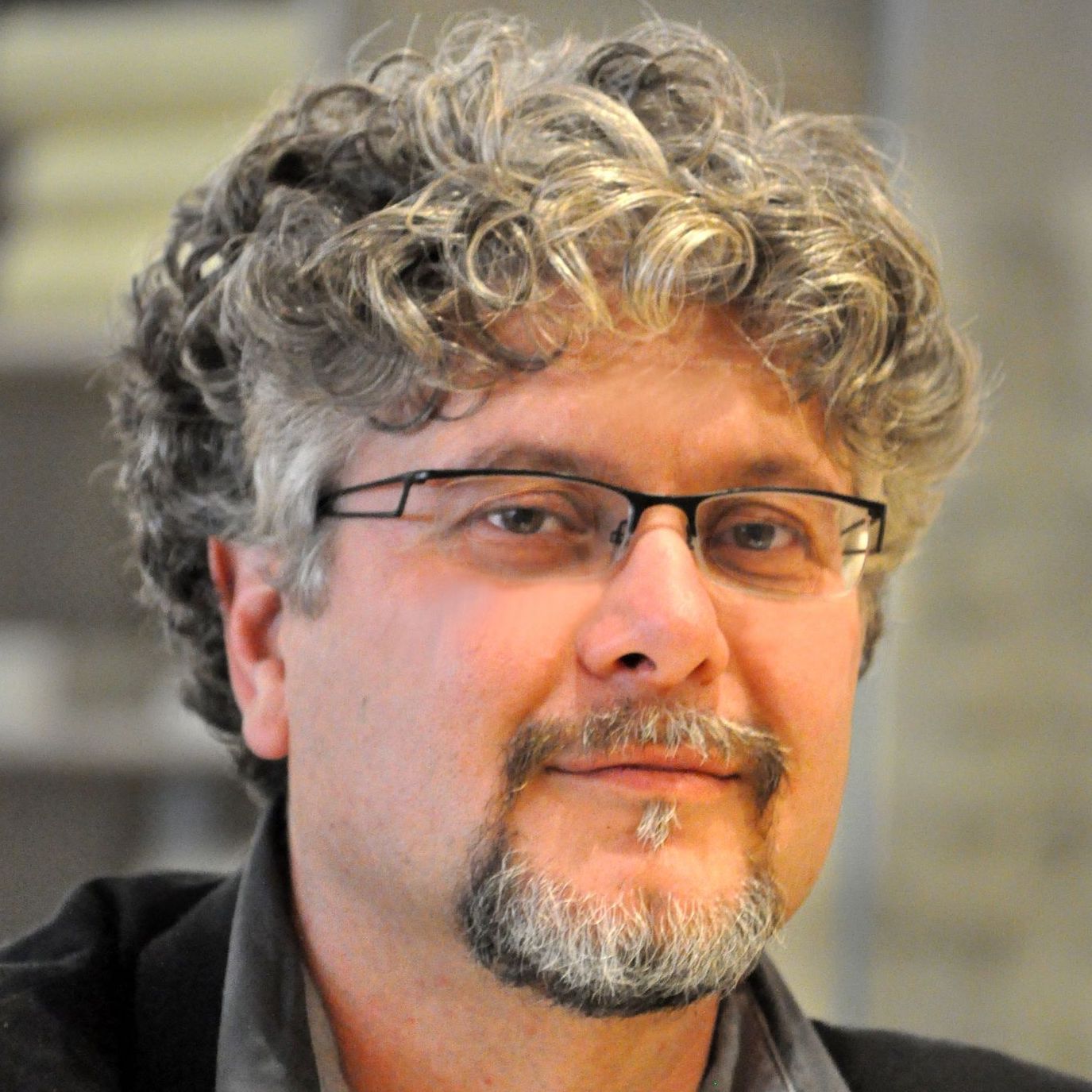 Francesco Spagnolo, Curator of The Magnes Collection of Jewish Art and Life at UC Berkeley. He is also an Associate Adjunct Professor in the Department of Music and the Center for Jewish Studies, and is affiliated with the Berkeley Center for the Study of Religion, the Institute for European Studies, the Center for Middle Eastern Studies, and the Religious Diversity Cluster of the Haas Institute.
Francesco Spagnolo, Curator of The Magnes Collection of Jewish Art and Life at UC Berkeley. He is also an Associate Adjunct Professor in the Department of Music and the Center for Jewish Studies, and is affiliated with the Berkeley Center for the Study of Religion, the Institute for European Studies, the Center for Middle Eastern Studies, and the Religious Diversity Cluster of the Haas Institute.
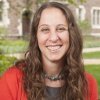 Ronit Y. Stahl is Assistant Professor in the Department of History and a faculty affiliate of the religious diversity cluster of the Haas Institute for a Fair and Inclusive Society. She is a historian of modern America and her work focuses on religious pluralism in American society by examining how politics, law, and religion interact in institutions. Her first book, Enlisting Faith: How the Military Chaplaincy Shaped Religion and State in Modern America (Harvard University Press, 2017) demonstrates how, despite the constitutional separation of church and state, the federal government authorized and managed religion in the military. Her new book project turns to religious freedom and conscience rights in health care, examining how a variety of religious hospitals — Jewish and non-Jewish — pivoted between framing themselves as secular institutions and religious spaces over the twentieth century.
Ronit Y. Stahl is Assistant Professor in the Department of History and a faculty affiliate of the religious diversity cluster of the Haas Institute for a Fair and Inclusive Society. She is a historian of modern America and her work focuses on religious pluralism in American society by examining how politics, law, and religion interact in institutions. Her first book, Enlisting Faith: How the Military Chaplaincy Shaped Religion and State in Modern America (Harvard University Press, 2017) demonstrates how, despite the constitutional separation of church and state, the federal government authorized and managed religion in the military. Her new book project turns to religious freedom and conscience rights in health care, examining how a variety of religious hospitals — Jewish and non-Jewish — pivoted between framing themselves as secular institutions and religious spaces over the twentieth century.

